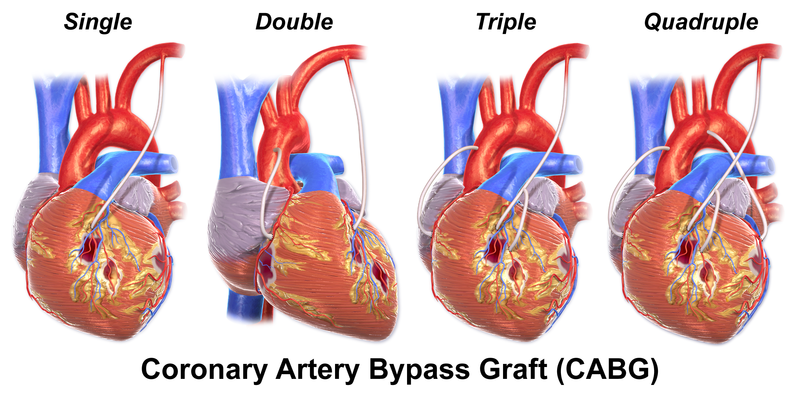Intro
Contents
In all likelihood this article has only been read by cardiac surgeons. It provides “new” (actually old) information about what constitutes current and optimal therapy for CAD, and especially what long term outcomes can be expected. For this reason the article was printed in its entirety:
Percutaneous coronary intervention versus coronary artery bypass surgery in multivessel disease: a current perspective
Ozlem Sorana, Aarush Manchandab and Stephan Schuelerc. From the Cardiovascular Institute, University of Pittsburgh Medical Center, Geisinger Medical Center, Freeman Hospital, Newcastle upon Tyne, UK.
Received 3 October 2008; received in revised form 30 January 2009; accepted 23 February 2009.Presented at the 56th International Congress of the European Society for Cardiovascular Surgery, Venice, Italy, May 17–20, 2007.
Abstract
Coronary artery bypass surgery (CABG) and percutaneous coronary intervention (PCI) are both safe and established treatment modalities of invasive revascularization for patients with coronary artery disease (CAD). However, conflicting information exists when comparing the long-term efficacy of the two methods. The optimal treatment for patients with multivessel coronary artery disease (MVD) is still subject to discussion, given the lack of fairly designed, prospective, randomized data reflecting current practice in the modern era. Furthermore, the clinical outcomes after invasive revascularization differ according to the number of diseased vessels, presence or absence of diabetes, left main disease and left ventricular dysfunction. Hence, the question arises whether we should continue to use the term ‘multivessel disease’. Conflicts of available data need to be addressed and overcome so that care of patients with CAD can be successfully tailored. In this review article we try to address some of the above conflicts, in an effort to improve our understanding in the care of patients with multivessel disease. We also provide an evidence-based perspective which may differ from the current standard of practice.


Comments 2
Pingback: The MASS II Study - Cardiac Health
Pingback: Optimal Medical Therapy with or without PCI for Stable Coronary Disease - Cardiac Health